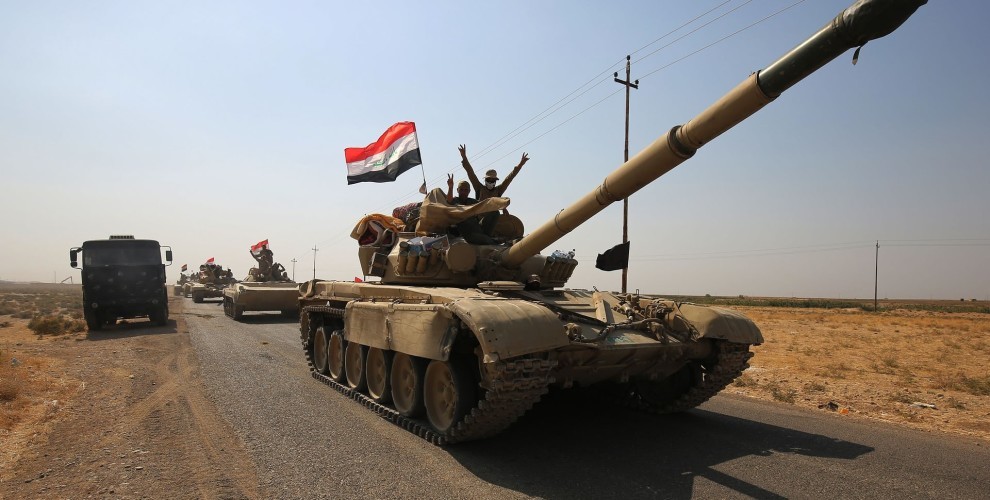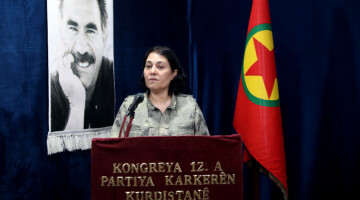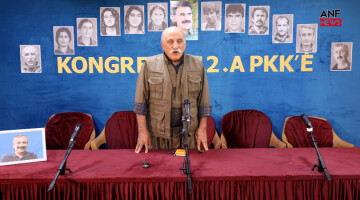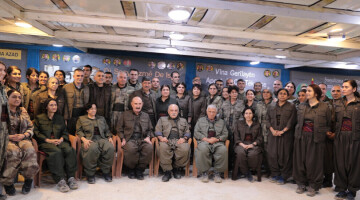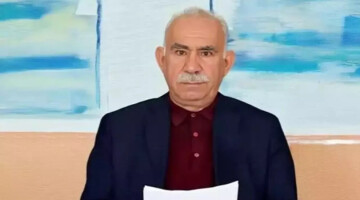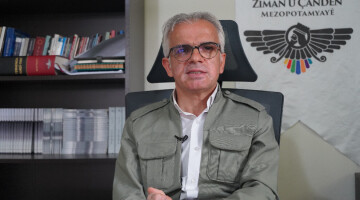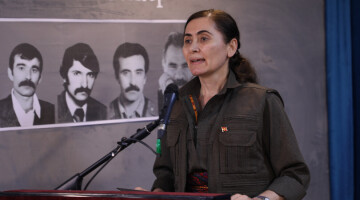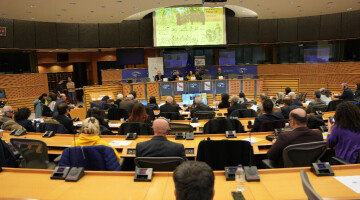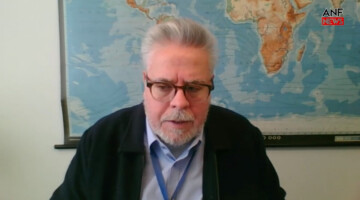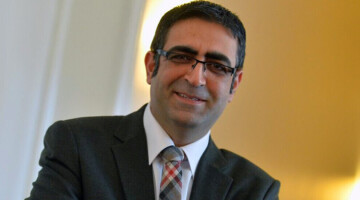The Guardian reported that Foreign Office ministers inadvertently helped neutralise the Iraqi Kurds, one of Britain’s most effective allies in efforts to limit Iranian influence in the Middle East, a former UK and Nato official has claimed.
The claims, which refer to the weeks in September and October 2017 when the Iraqi government moved against Kurdish militia after an independence referendum, are expected to be raised with the Foreign Office minister Alistair Burt at a parliamentary hearing on Tuesday in which the UK government will be asked to justify its assertion that Baghdad has recaptured disputed Kurd-held territory with “limited clashes and loss of life”.
Tom Hardie-Forsyth, a former Cabinet Office and Nato official and now an informal adviser to the Kurdistan regional government, said in written evidence to the foreign affairs select committee that UK ministers possessed detailed intelligence warning of the precise links between Tehran and the Baghdad-backed Shia militia operating in Iraq.
There have been numerous claims of human rights abuses led by these militia, notably by parts of the Hashd al-Shaabi (Has), also known as the Popular Mobilisation Forces, to remove Kurds from Kirkuk.
Burt will be asked by the committee whether he agrees with the Iraqi embassy’s assertion that it is “entirely false” to say militias backed by the Iranian Revolutionary Guards were involved in the recapture of the disputed Kurdish territory, The Guardian said.
Hardie-Forsyth said confidential UK intelligence documents, which have been “circulating in official departments since at least February 2016”, showed Iran’s “high-level aim to create through Iraq and Syria an unbroken land corridor to the Middle East North Africa Region to further threaten Israel and Lebanon”.
His evidence also claims that after the capture of the disputed territories, Iranian-backed forces “successfully encouraged Baghdad to take a heavily punitive approach to the Kurds post-referendum, thus advancing Tehran’s ends [...] up to and beyond the Iraqi-Syrian border”.
Warning that Baghdad’s tolerance of Shia militia is only storing up further anger among Iraq’s Sunni communities, Hardie-Forsyth claims that the Iraqi government and these militia are changing the demography of Sunni areas – especially in Diyala province, close to the Iranian border– as well as in those with Kurdish, Christian and Yazidi majorities.
He warned this sectarian cleansing may recreate the circumstances that led to Isis announcing its so-called caliphate three and half years ago.
“The situation now is much worse than before 2014, in that a major portion of the Sunni settlements are destroyed, with thousands killed, and, till now, more than 1 million Sunni Arabs are internally displaced in the Kurdish region of Iraq,” Hardie-Forsyth wrote. “Notably the majority are extremely reluctant to return to their home area because they are now equally scared of the behaviour of Has.”
Link to the original report:

